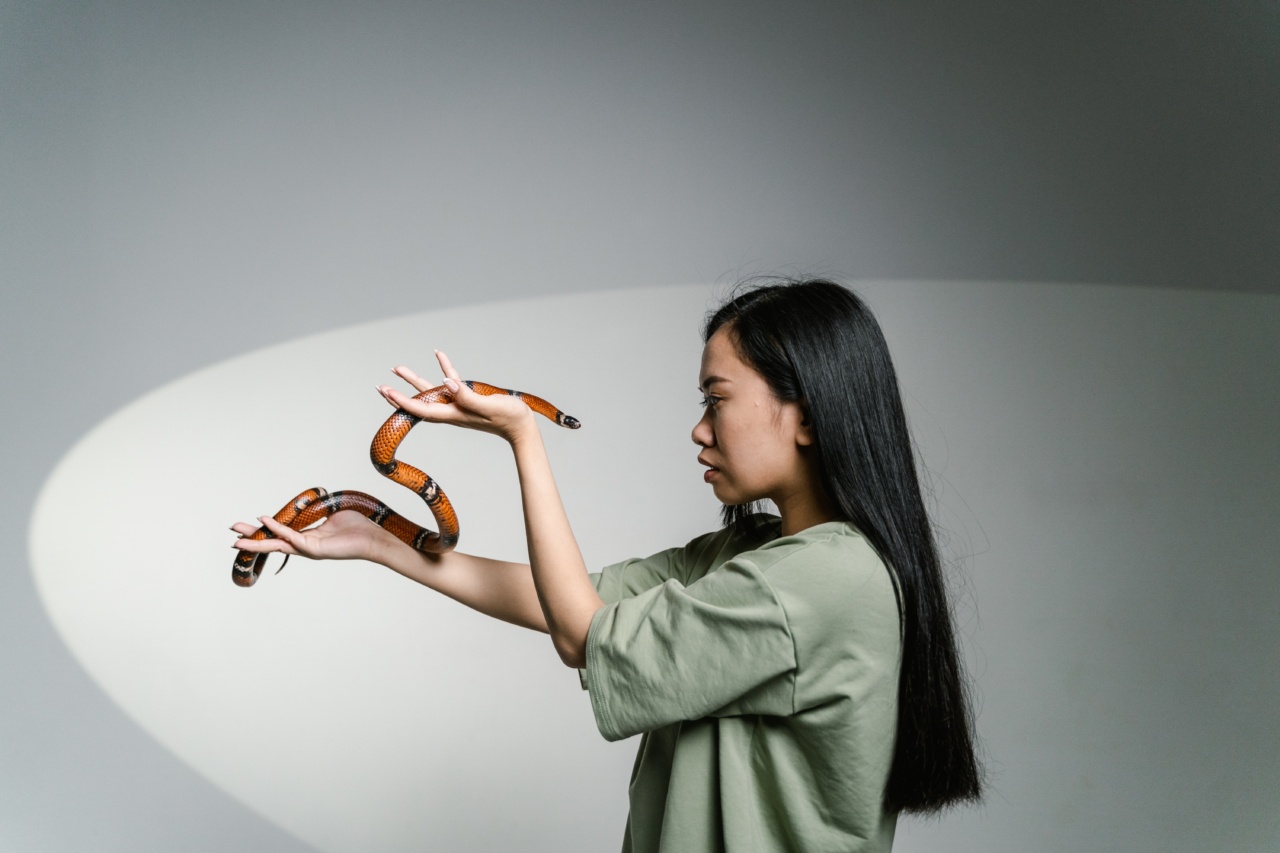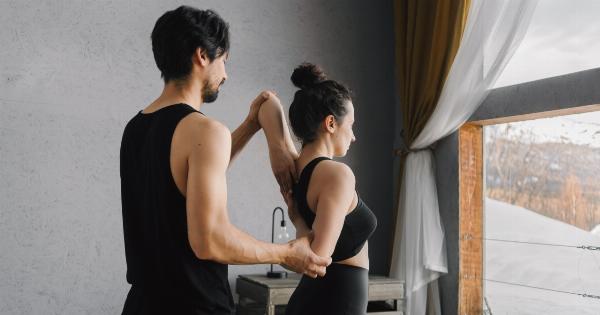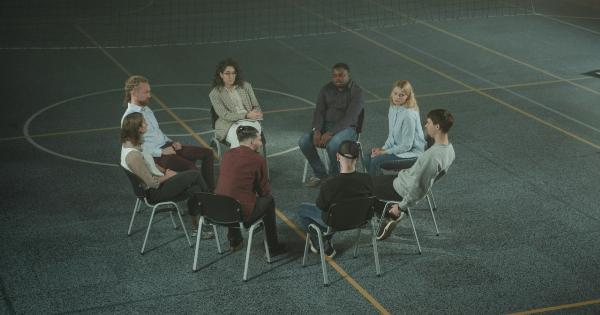Relationships are important in our lives. They help us connect with people, build social support, and bring happiness and fulfillment. But when anxiety and self-doubt get in the way, relationships can become a source of stress and discomfort.
It’s normal to feel uneasy or nervous in certain situations, but when those feelings become overwhelming or interfere with daily life, it might be time to look for some ways to overcome it. In this article, we’ll explore some strategies for managing anxiety and boosting self-esteem in relationships.
What is Anxiety?
Anxiety is a normal reaction to stress. It’s a feeling of unease, such as worry or fear, that can be mild or severe.
Anxiety can affect our thoughts, feelings, and behaviors, and can manifest in physical symptoms, such as sweating, palpitations, or difficulty breathing. Everyone experiences anxiety from time to time, but when it becomes chronic or excessive, it can interfere with daily life and relationships.
How Anxiety Affects Relationships
When we’re anxious, we tend to be hypervigilant of our surroundings, looking for potential threats or dangers. This can make us less attentive to our partners and less empathetic to their needs.
Anxiety can also lead to avoidance of situations, such as social gatherings or intimate moments, which may in turn cause tension and conflict in the relationship. In extreme cases, anxiety can lead to panic attacks, which can be triggered by specific situations or events related to the relationship.
Boosting Self-Esteem
Self-esteem is the way we think and feel about ourselves. It’s based on our beliefs about our abilities, worthiness, and value as a person. Self-esteem can affect our relationships in many ways.
If we have low self-esteem, we may be more likely to tolerate mistreatment or settle for less in a relationship. We may also be more insecure, jealous, or possessive, which can strain the relationship further. On the other hand, if we have high self-esteem, we may be more confident, assertive, and able to set healthy boundaries.
Ways to Boost Self-Esteem
: 1. Practice self-care
Self-care is the practice of taking care of oneself, both physically and mentally. This can include activities such as exercise, meditation, or self-reflection, as well as engaging in hobbies or socializing with others.
By taking care of ourselves, we send a message that we are valuable and deserving of our own attention, which can help boost our self-esteem.
: 2. Focus on strengths
Everyone has strengths and weaknesses. By focusing on our strengths, we can cultivate a positive self-image and build confidence in ourselves.
This can help us feel more capable and competent in our relationships, which can improve our overall well-being.
: 3. Challenge negative self-talk
Negative self-talk refers to the inner dialogue we have with ourselves, which can be critical or self-defeating.
By identifying negative thoughts and challenging them with positive, realistic statements, we can reframe our perception of ourselves and improve our self-esteem.
Managing Anxiety
: 1. Identify triggers
Anxiety can be triggered by specific situations, such as social events or conflict in the relationship. By identifying these triggers, we can anticipate and prepare for them, or avoid them if necessary.
: 2. Practice relaxation techniques
Relaxation techniques, such as deep breathing, progressive muscle relaxation, or visualization, can help calm the body and mind and reduce anxiety symptoms. Regular practice of these techniques can also help build resilience to stress and anxiety.
: 3. Communicate with your partner
Communication is key in any relationship, especially when anxiety is involved.
By letting our partner know what triggers our anxiety, what helps us cope, and what they can do to support us, we can work together as a team to manage anxiety and improve the relationship.
Conclusion
Overcoming anxiety and boosting self-esteem in relationships is not easy, but it’s possible.
By practicing self-care, focusing on strengths, challenging negative self-talk, identifying triggers, practicing relaxation techniques, and communicating with our partner, we can improve our overall well-being and build stronger and healthier relationships.































